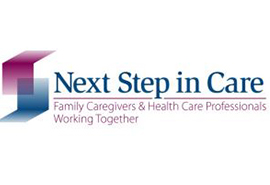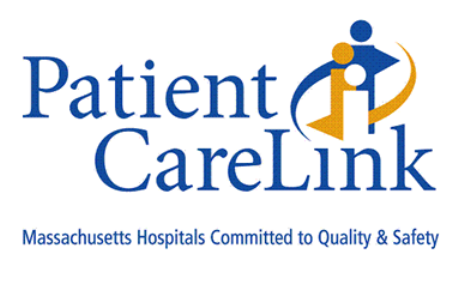 What is PatientCareLink?
What is PatientCareLink?
If you've ever seen a doctor or nurse practitioner, gone to the hospital, or gotten a vaccination, you are a "patient" or a "healthcare consumer." More and more healthcare consumers are looking for detailed, valid, and useful information about the care they seek and about the institutions providing that care. Some patients use the information to make decisions about where to obtain their healthcare. Gathering and reporting healthcare quality information is also important to hospitals and other healthcare providers because it can help them improve the care they deliver. And openness about performance provides extra motivation to improve.
Hospitals undergo numerous regulatory reviews and publicly report measures on the quality of care. They partner with consumer advocacy groups and the government to make what they do accessible to the public and clear to understand. But medicine is complex, and the information relating to it is complicated and multifaceted, too. Determining what data to gather and how to use it effectively is a demanding process.
The PatientCareLink (PCL) website is designed to make it easier for Massachusetts patients and providers alike to find meaningful information about the quality and levels of care individual hospitals provide, as well as facts about the work environment at healthcare facilities in the Bay State.
Reviewing the Glossary of Healthcare Terms might be helpful in understanding some of the PCL data.
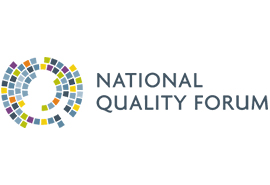
NQF's Patient Passport Encourages Better Engagement with Providers
Patients in the hospital are often given little opportunity to participate in shared decision-making about their care—an experience that can be frustrating, confusing, and even frightening. A new tool, the Patient Passport, is designed to increase patient engagement and drive system-level change by helping patients start a conversation with providers in order to express their needs and preferences.
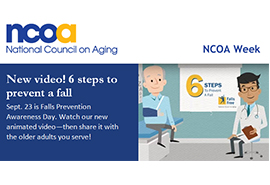
National Council for Aging (NCOA) - New Video 6 Steps to Prevent a Fall
Did you know that 1 in 3 Americans aged 65+ falls every year? Falls are the leading cause of fatal and non-fatal injuries for older Americans. Falls are costly-in dollars and in quality of life. However, falling is not an inevitable part of aging. Through practical lifestyle adjustments, evidence-based programs, and community partnerships, the number of falls among seniors can be reduced substantially.
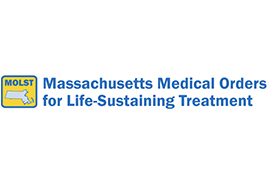 MOLST Project Transitions to MA DPH
MOLST Project Transitions to MA DPH
Effective July 1, 2014, the MOLST Project will transition to the MA Department of Public Health.
The many tools and resources on this website will continue to be accessible to health care institutions and individuals who are implementing MOLST or who would like to have information about MOLST. For more information, click here.
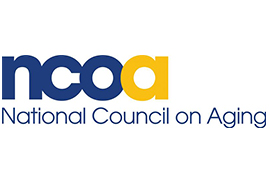 Senior and Supplemental Nutrition Assistance Program (SNAP): 5 Myths Busted
Senior and Supplemental Nutrition Assistance Program (SNAP): 5 Myths Busted
Food insecure seniors are more likely to suffer from diabetes, depression, and other serious health problems. The Supplemental Nutrition Assistance Program (SNAP) helps older adults buy healthy food, but myths about the program keep many eligible seniors from applying. Help us bust common myths about SNAP by sharing our new infographics! Read more...
A Family Caregiver's Guide to Care Coordination
You have many responsibilities as a family caregiver for someone with a serious chronic illness or disability. You may do personal care such as bathing and dressing. You may make sure the person takes the right medications at the right time and operate medical equipment. You may shop and cook and keep track of the bills. You may watch out for and report signs of medical problems, go to doctor visits with your family member, and much, much more. Read more....
 Understanding PatientCareLink's Hospital Data
Understanding PatientCareLink's Hospital Data

SPECIAL REPORT: American Perspectives on Early Detection of Alzheimer’s Disease in the Era of Treatment
A Special Report examines Americans’ attitudes toward early detection, diagnosis and new treatments for Alzheimer’s disease.
»Full Article
2025 Alzheimer’s Disease Facts and Figures
25 Alzheimer’s Disease Facts and Figures is a statistical resource for U.S. data related to Alzheimer’s disease, the most common cause of dementia.
»Full Article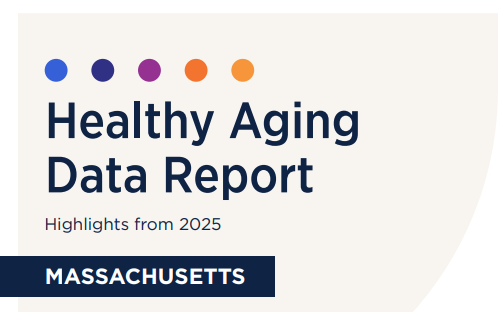
Healthy Aging Data Report – Highlights from 2025
The data reveal important patterns of disease, social determinants of health, and resources. The updated report includes maps illustrating the statewide distribution of rates highlighting areas of health inequity.
»Full Article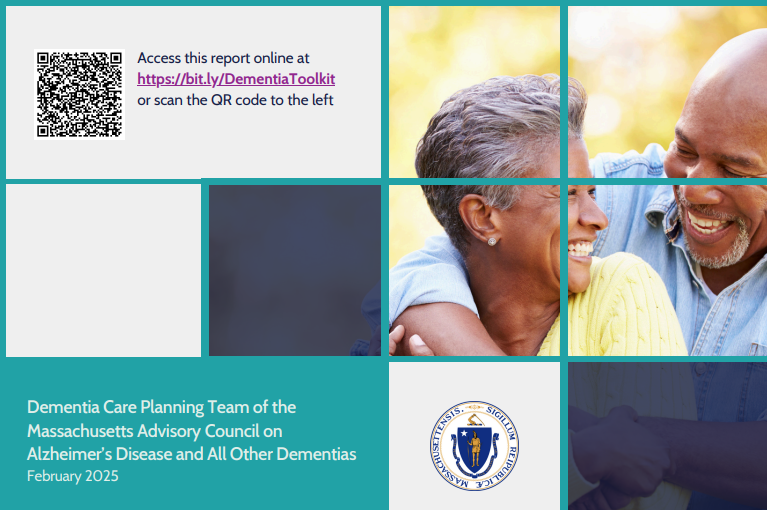
Dementia Care Planning Toolkit
This toolkit's goal is to facilitate the development of person-centered dementia care plans that support living well with dementia.
»Full Article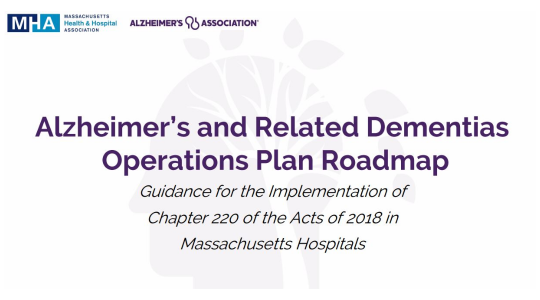
Alzheimer’s & Related Dementias: An Operations Plan Roadmap (+ webinar!)
In September 2022, MHA and the Alzheimer’s Association introduced a roadmap to assist Massachusetts healthcare providers in preparing for the implementation of a state-mandated operational plan for Alzheimer’s and related dementias. The state’s Alzheimer’s and Related Dementias Acute Care Advisory Committee – established by the legislature – in 2017 issued a report of recommendatio...» Full Article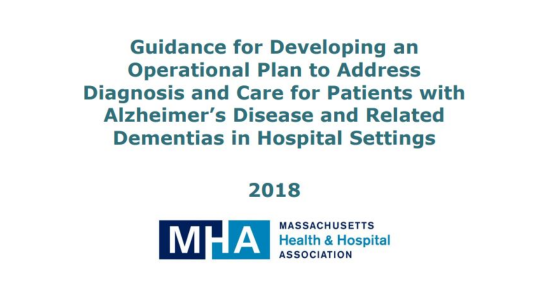
Caring for Patients with Alzheimer’s Disease & Related Dementias
In June 2017, the state’s Alzheimer’s and Related Dementias Acute Care Advisory Committee issued its final report with a goal of outlining strategies to provide optimal care to persons with dementia in acute care settings. Following the issuance of the state report, MHA convened its own workgroup consisting of clinical and operational experts from its membership, as well as representatives...» Full Article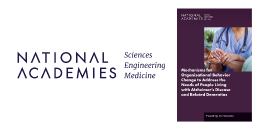
New National Academies Report:
Mechanisms for Organizational Behavior ChangeThe National Academies has released a new report, Mechanisms for Organizational Behavior Change to Address the Needs of People Living with Alzheimer's Disease and Related Dementias.
»Full Article
WEBINAR: Exploring Age and Dementia Friendly Design for Our Built Environment
The program's recording and materials are available for healthcare providers.
»Full Article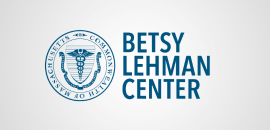
Read the Story: Hospitals align care with new state requirements for patients with dementia
The unique safety and care needs of geriatric patients are receiving increased attention in hospitals, due in part to new state requirements for identifying patients with dementia and optimizing their care.
»Full Article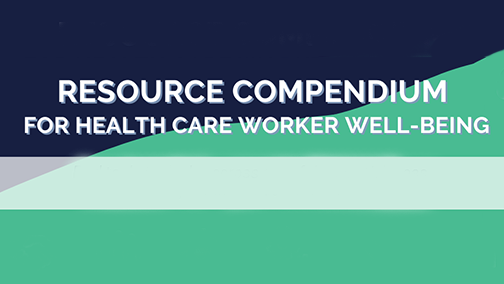
NAM launches AHA-supported resource compendium for health care worker well-being
The National Academy of Medicine today launched Resource Compendium for Health Care Worker Well-Being, which highlights tools that are ready to be deployed and strategies to address systems issues related to health care workers’ burnout. The compendium, which is a product of the Action Collaborative on Clinician Well-Being and Resilience, of which AHA is a participant, organizes resources into ...» Full Article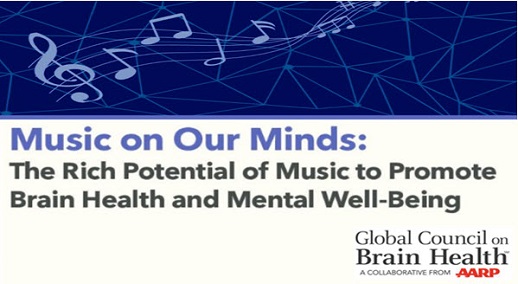
Music on Our Minds: The Rich Potential of Music to Promote Brain Health and Mental Well-Being
The Global Council on Brain Health (GCBH) is an independent collaborative of scientists, health professionals, scholars, and policy experts from around the world who are working in areas of brain health related to human cognition. The GCBH focuses on brain health relating to people’s ability to think and reason as they age, including aspects of memory, perception and judgment. AARP convened the...» Full Article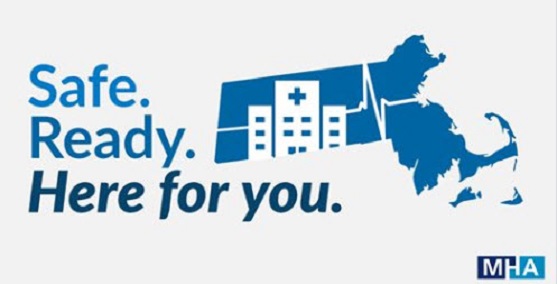
MA Hospitals are Ready, Safe & Here for You
Our hospitals are safe places to seek care for any medical emergency. Your health can’t wait. We’re here for you. In this video, listen as one of our hospital’s emergency department staff takes you through the patient experience when you arrive at Emerson Hospital's ED during the COVID-19 pandemic. ...» Full Article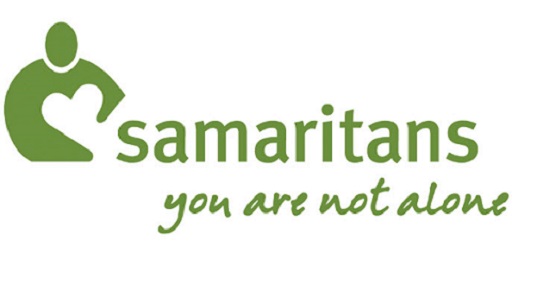
Suicide Prevention Resources for Clinicians & Patients
Medical professionals care. They also experience higher rates of burnout and depressive symptoms than the general population. In fact, suicide is estimated to be the second leading cause of death for medical residents, and American doctors take their lives at twice the rate of the general population. Samaritans, Inc. is here for you – and for your patients. The mission of Samaritans is t...» Full Article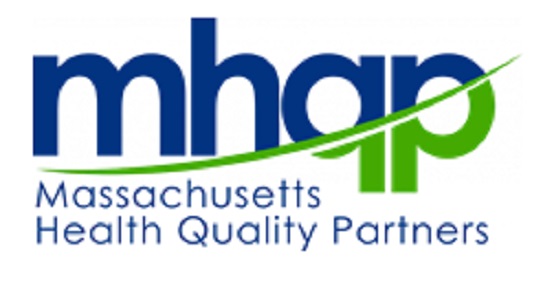
MHQP Introduces New Resource to Help Empowered Patients
Healthcare leaders around the country recognize that engaging patients through collaborative and personalized care is a key to reducing costs and improving outcomes. To advance this cause, Massachusetts Health Quality Partners (MHQP), with the help of its Consumer Health Council (CHC), has created a new section on the MHQP website dedicated to supporting patients who wish to become more activ...» Full Article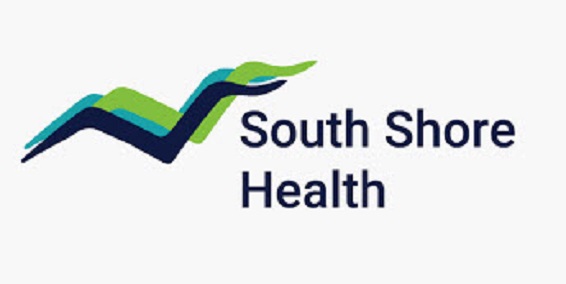
South Shore Medical Center’s Quincy Location is Now Open!
Take a look at South Shore Medical Center’s new state-of-the-art facility, located in the heart of Quincy Center at 1495 Hancock Street. ...» Full Article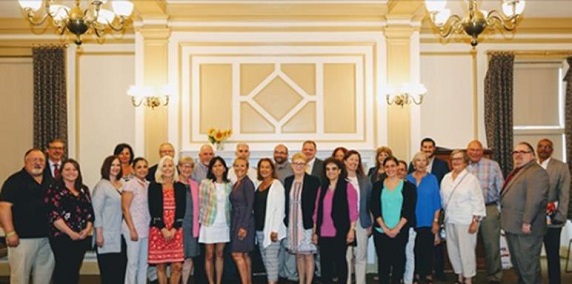
Kudos to Southcoast Health for Supporting Great Local Organizations!
This is community healthcare in action. NEW BEDFORD — Southcoast Health has announced the recipients of its Community Benefits Impact Opportunity program grants for Fiscal Year 2019. These annual, competitive grants address unmet health needs in communities on the SouthCoast, according to a press release. “We are passionate about improving the health of our patients and our communities,...» Full Article
MHA – They Come to Us
In our patients' greatest time of need, in times of joy and celebration, they come to us. Watch Video here ... ...» Full Article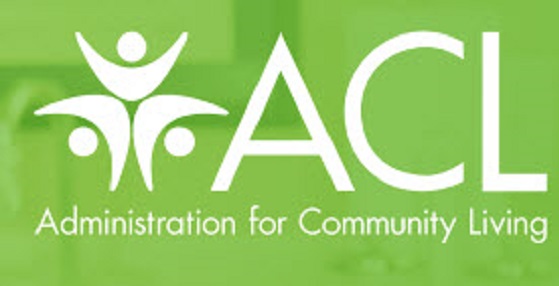
Talking About Brain Health & Aging – The Basics
Aging well depends on your genes, lifestyle choices, and environment. Even if you’re healthy, brain changes as you age may lead to increased challenges with multitasking, paying attention, and recalling words. However, most of us—at any age—can learn new things and improve skills, which can be important for maintaining our independence.Read more......» Full Article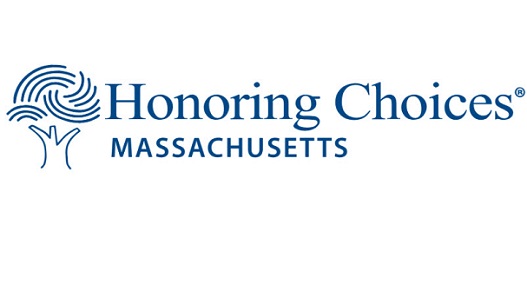
Making a Decision About Your Care
Often at some point in a person's healthcare, serious discussions must occur about what level of life-sustaining care the patient wants or how care should be provided in the event the patient is no longer able to make decisions for him or herself. Such decisions are profoundly difficult for patients and families. But if the issue is not resolved, it often becomes difficult for caregivers who can...» Full Article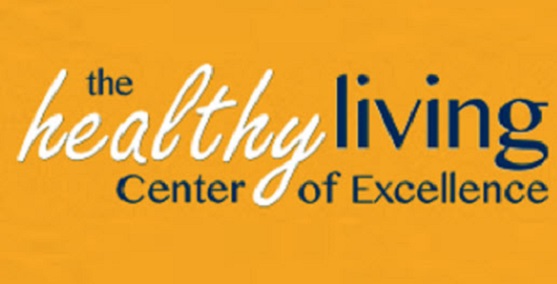
The Healthy Living Center of Excellence
Managing your health doesn't just happen in your doctor's office. You do it every day at home, at work, and with your family and friends. To help manage your health the Healthy Living Center of Excellence offers free self management education programs. The free self-management education programs teach you skills that put you at the center of your care. Whether you have diabetes, arthritis, heart...» Full Article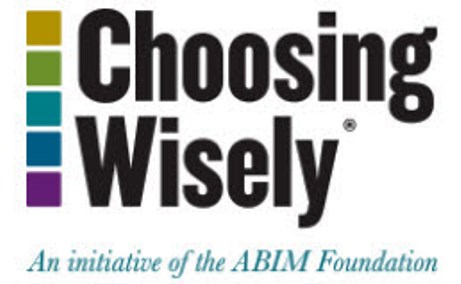
Choosing Wisely
Massachusetts Health Quality Partners (MHQP) Launched the Choosing Wisely Massachusetts Website Choosing wisely® aims to promote conversations between providers and patients by helping patients choose care that is: Supported by evidence Not duplicative of other tests or procedures already received Free from harm Truly necessary Recognizing that patients need better information about wh...» Full Article
Improvement Resources
The websites below offer information about organizations and programs to improve the quality and safety of healthcare services in Massachusetts and beyond. Institute for Healthcare Improvement (IHI) is an independent not-for-profit organization helping to lead the improvement of healthcare throughout the world. IHI works to accelerate improvement by building the will for change, cultivating promis...» Full ArticleTranslate »


